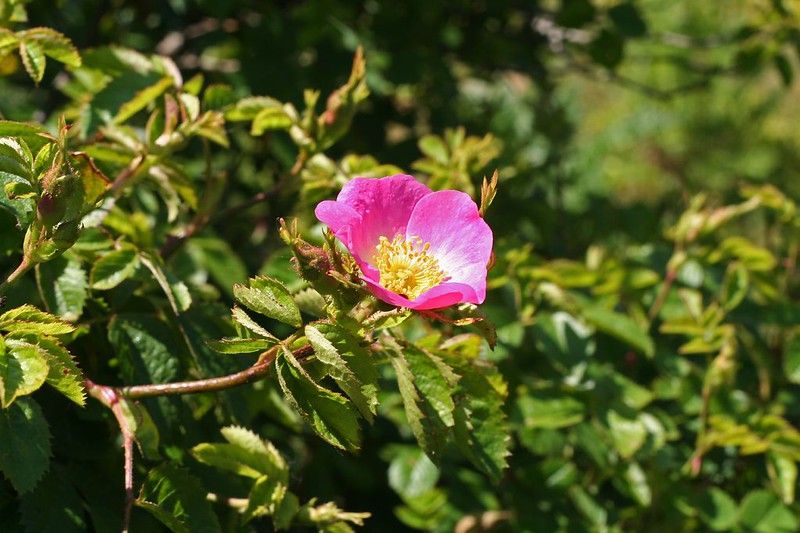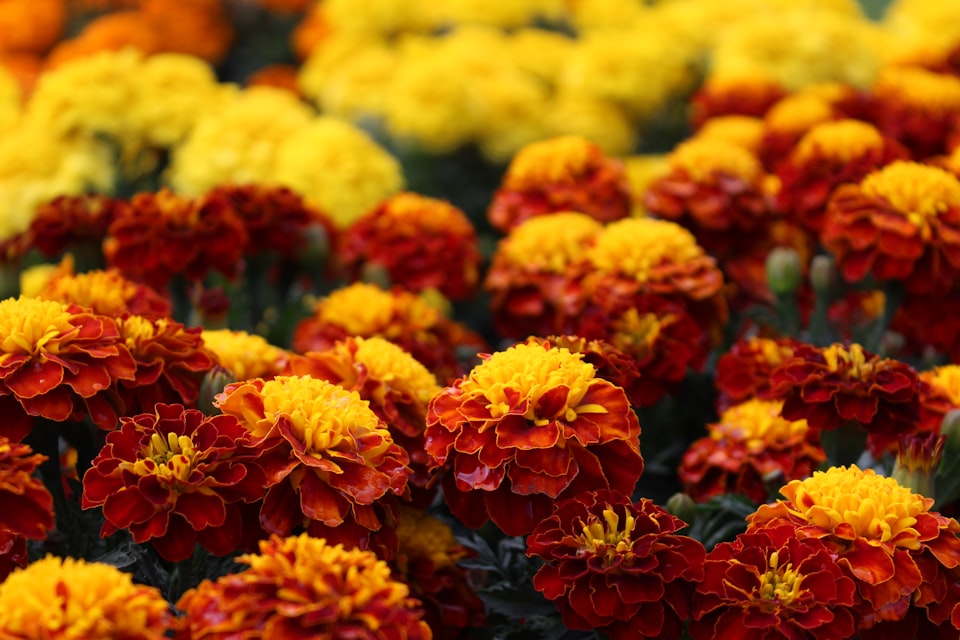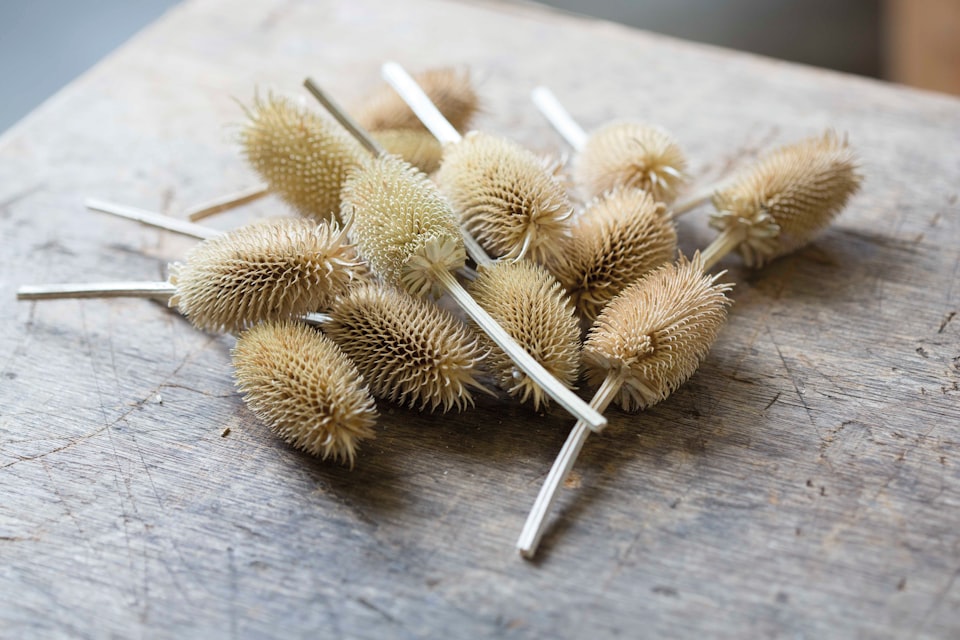I: Rose
The controversy of the snubbed rosière.

Good morning. Today is primidi, the 1st of Floréal, Year CCXXXI. Welcome to the month of flowers! We start by celebrating la rose, the queen of all blooms.
The opinions of the public in France did not turn from royalist loyalty to republican fervor upon philosophy and reason alone. One big piece of happenstance propaganda involved a trial against a lord who messed with the nascent tradition of the local beauty pageant, known as the Festival of Virtue.
Each spring, villagers in small towns would nominate three young virgins to be rosière, the beauty queen of the town. The lord would then select a favorite and parade her in town with a dozen other young girls who were all dressed in white with blue ribbons in their hair. The rosière herself would be donned in elaborately floral attire. Upon arriving at the village church, the entire procession would hear vespers, the rosière seated in the center of the nave as a guest of honor, and then the priest would crown the young lady with a thorn-less wreath of roses while the lord bestowed upon her 25 livres (enough purchasing power to furnish a bedroom, and equivalent in gold to $500 today). The day would end with a banquet and more gifts, and the expectation was that the rosière would be someone lucky villager's bride within the year, as she had just caught the proverbial wedding bouquet of the town.
The whole thing had Catholic overtones (the blue ribbons and mandatory vespers) stamped onto a more ancient pagan pageant (think the overall vibes of the movie Midsommar). It was a celebration of traditional French values and virtues, overseen and stamped with heavy approval by the clergy and nobility. So how in the heck did it become revolutionary?



